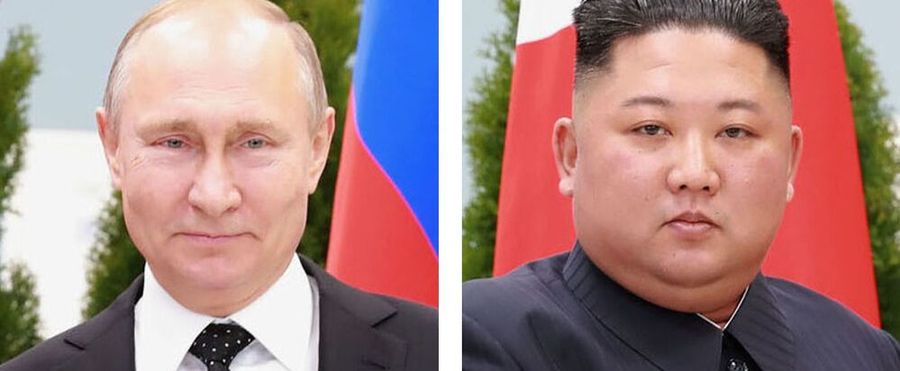In an extraordinary move, the heads of state of Japan and North Korea held a telephone conference, an act that is considered out of the ordinary. While the content of the conversation remains private, its occurrence reflects a desire to improve relations between the two countries. Details are currently scarce, but the wider implications of this contact will undoubtedly attract global attention.
Engagements with North Korea are seen as highly sensitive in Japan, primarily due to historical conflicts and international concerns about North Korea's nuclear program. The public generally favors peaceful resolutions but remains skeptical due to North Korea's inconsistent approach to diplomacy. As such, this unconventional phone conversation will stir local debate about its implications for regional security and Japan's foreign policy.
This development contrasts with current US policy which typically shies away from direct contact with North Korea outside of formal diplomatic channels. EU nations also generally have limited direct engagement. They prefer multilateral talks involving North Korea's neighbors, such as China, South Korea, and Russia.

